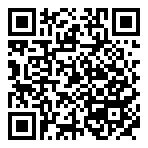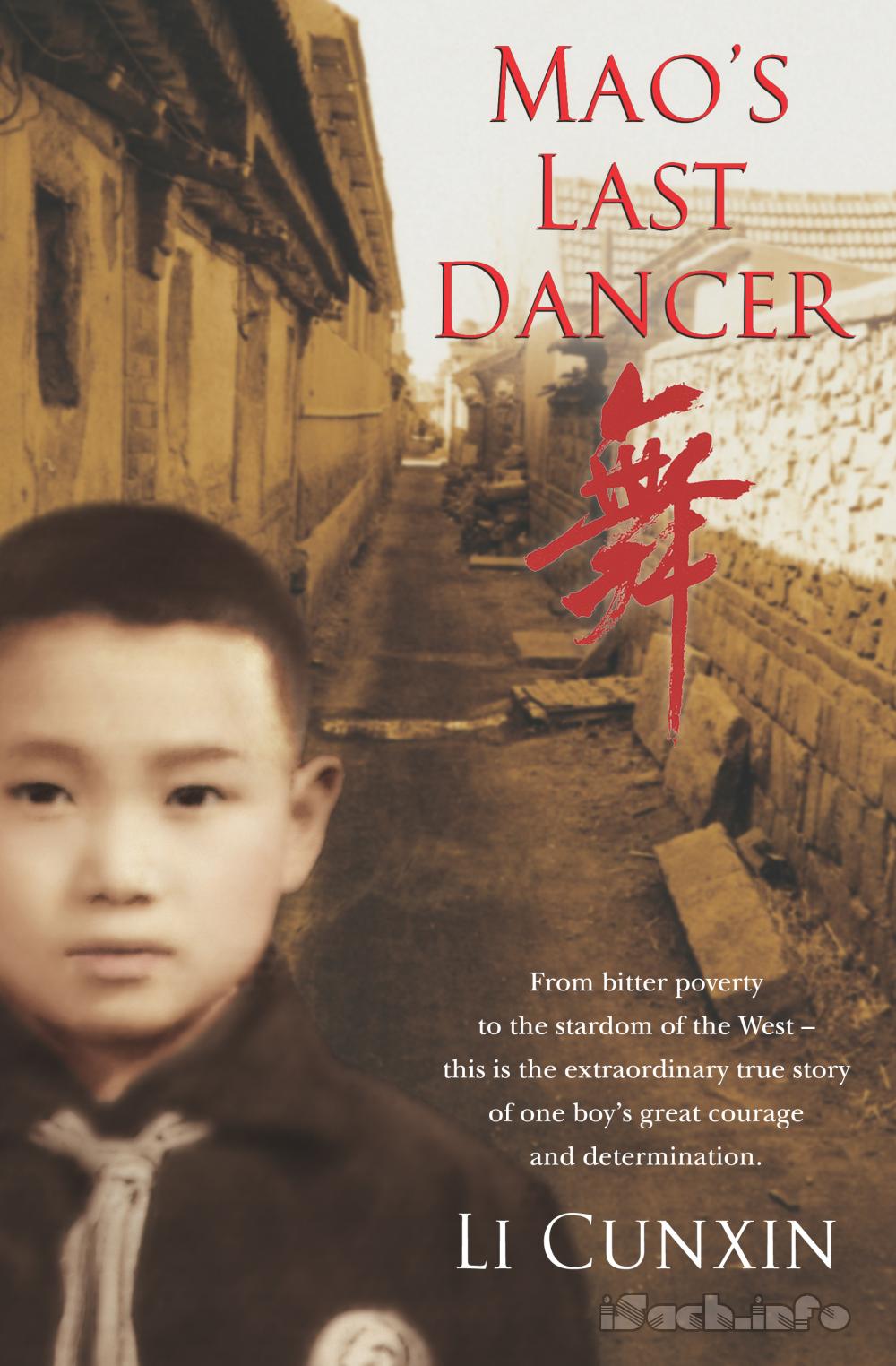Postscript Melbourne, 2003
M
ary and I visited my family in China many times after that first visit in 1988. The speed of economic reform there and the improvements in people's living standards greatly impressed me each time.Over the years, both Mary's dance career and mine continued to flourish. We were invited by companies internationally to guest perform and both of us felt we were at the height of our dance careers.
Our first child, Sophie, was born in 1989. She brought such happiness and laughter into our lives. My parents came back to Houston to help us look after Sophie so Mary could go back to dance again. They adored Sophie, especially my niang. Sophie was the daughter she had always longed for. They talked to her in Chinese endlessly: they knew she would be an important link with her relatives in China when she grew up. So Sophie had four adults showering endless love and care onto her, and for us life seemed perfect.
But then something happened which changed everything. Sophie was just eighteen months old and we had brought her and my parents to Australia while Mary and I were guest performing with the Australian Ballet. One day, a birthday balloon Sophie was playing with suddenly popped. The noise was so loud that it took all of us by surprise. All of us except Sophie. We became suspicious and had her hearing tested as soon as we returned home to Houston.
Sophie was diagnosed as profoundly deaf. We were in total shock. We couldn't believe our beloved daughter would never hear music, would never hear all the sounds we took for granted.
We did everything in our power to find the cause and a cure. From Western medicine to Eastern treatment, nothing helped.
Just ten days after Sophie's diagnosis, Mary decided to give up her dance career and devote all her time to teaching Sophie to speak. We were devastated just thinking of what Sophie would miss in life and the enormous task ahead of us. I knew Mary's sacrifice would end her dance career. To lose Mary in dance was like losing my shadow. It took me a long time to recover.
But for Mary, her journey with Sophie was just beginning. She poured every ounce of energy she had into Sophie. Each discovery of a new sound, each word uttered by Sophie, was an enormous milestone. But her progress was extremely slow.
When Sophie was four years old we were told about a new Australian invention called the cochlear implant or bionic ear. After extensive research, we decided Sophie should have the implant.
I still remember Sophie's eyes lighting up with excitement when she heard sound for the first time. With Mary's total dedication and the bionic ear, Sophie made rapid progress in her hearing and speech. She is now in a normal school, learning piano, ballet, jazz and tap. It's impossible to adequately describe how we lived through this difficult ordeal. Sophie truly is our miracle child.
In 1992, our second child arrived. Thomas was born with normal hearing and so was our third child, Bridie, who was born in 1997.
In 1995, after dancing with the Houston Ballet for nearly sixteen years, I decided to join the Australian Ballet as a principal artist and move to Melbourne. I had guest performed with the Australian Ballet on several occasions and enjoyed working with them, but to leave Ben, who had been my mentor for sixteen years, who was instrumental in the success of my career, was not easy. To leave America, the country that had granted me my freedom, was very emotional. But what helped me through this decision was that the Houston Ballet had been invited to perform in China at the end of that year: I would finish my career with the Houston Ballet in China, the place where it had all started.
I was excited beyond description about this trip back to China. Finally I would perform in front of my people, show them what I had achieved in the West over the past sixteen years. All of my brothers, sisters-in-law and relatives, over thirty of them, took the long train trip from Qingdao to Beijing to see me dance.
I performed in the same theatre where I had danced my first Swan Lake before I'd left China in 1979. I danced Romeo in Ben's Romeo and Juliet, and Janie Parker was my Juliet. The Central TV of China broadcast the opening night live—to five hundred million people throughout the country. To see the pride on Teacher Xiao's face, the excitement in the Bandit's eyes and to hear Fengtian and my former teachers, classmates and the entire audience cheering, was all I needed. My only sadness was that Zhang Shu wasn't there—he had died from a heart attack a few years before.
The Australian Ballet was a new challenge for me. I knew that at thirty-four years of age it wouldn't be easy, but with twenty-three years of artistry in me, with the love and support of Mary, with the unconditional love of my parents, with my newfound freedom, I had nothing to fear. Some of my most satisfying performances happened in those last three years with the Australian Ballet. I felt a sense of ultimate satisfaction, of perfect harmony between artistic and technical knowledge. And the Australian audiences embraced me warmly from the very beginning.
During my last few years of dancing I began to study finance on the weekends and in my free evenings. It took me three years to complete a diploma with the Australian Securities Institute and I was offered a job at a major stockbroking firm in Australia. However, the Australian Ballet wanted me to continue to dance. But I was thirty-six years old by then. Most dancers would have retired well before that. So in the end, a compromise was reached: I would be trained as an investment adviser and would continue to dance as a principal artist for a while longer.
I danced and learned about the stockbroking business for the next two years. But the workload eventually forced me to make a final decision—to permanently retire from dancing. I was thirty-eight years old.
Ben came to my last performance in Sydney and brought along with him the fondest wishes of everyone from the Houston Ballet. My last performance was as Basilio in Don Quixote. When I had danced this role at eighteen, I bashed through the performance, focusing only on the technical aspect of the role. At twenty-eight, I put all kinds of pressure on myself: I had to perform better than Baryshnikov or Nureyev, but I always came well short of my own expectations. But now, at thirty-eight, I was my own master. I had finally tasted Teacher Xiao's mango.
And where are all the others in my story now? Ben retired as the artistic director of the Houston Ballet after twenty-seven years at the reins. I attended his farewell gala in Houston—he had especially choreographed a solo for me to perform. Mary is still the love of my life and is currently teaching and coaching at the Australian Ballet. Elizabeth, I'd heard, remarried and her husband is a pilot. Charles Foster remains a close friend: we are godfathers to each other's children.
My friend Delworth, sadly, died in a car accident in Texas in the mid eighties, and Lori has since remarried.
Consul Zhang eventually left the foreign ministry and became deputy mayor in a large Chinese city.
Zhang Weiqiang also left China for the West, but he didn't have to defect. Under Deng Xiaoping's open-door policy, he became a principal dancer with the Royal Winnipeg Ballet and has now retired.
Teacher Xiao has retired from the Beijing Dance Academy but still teaches, coaches and judges international ballet competitions. The Bandit and Fengtian have left their artistic professions and become businessmen in China, like a billion others there. All my brothers are doing well in their own businesses and their living standards continue to improve. They all wish for more children and envy Mary and me for having three. And my dia in China has just celebrated his eightieth birthday.
Recently I made a surprise visit to my family in China and showed up at my parents' doorstep quite unannounced. My niang was cooking in the kitchen. Upon seeing me, she dropped her wok flipper and could only manage to utter, "Ah! Ah! You! It's you!" She threw her arms around me and hugged me tight.
Li Cunxin



 ePub
ePub A4
A4